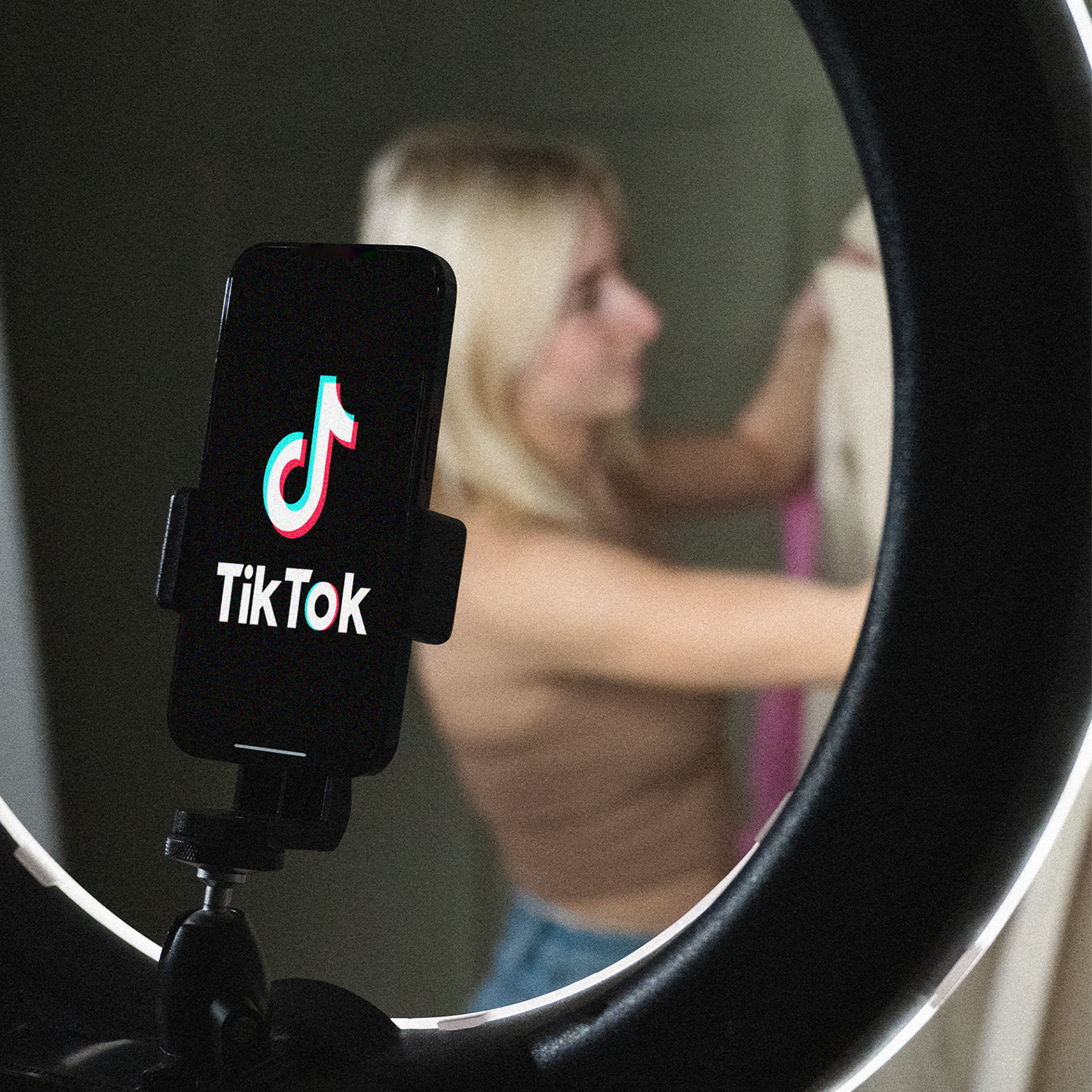With 2021 looking to be a year of lockdowns and restrictions, many shoppers’ dreams of returning to the highstreets have been dashed. However, this provides an opportunity for e-commerce to continue its rapid growth. But what can retailers do to step-up their online shopping game? We discuss some of the trends we expect to see in 2021.
Voice assisted purchasing
Best practises for SEO has traditionally been focused on keywords used when people search online through search engines. However, with at least 20% of smart speaker owners using voice search for eCommerce-related activities, it may be time to review SEO practises.
As search engines themselves have improved their capability to understand semantic search, brand content needs to do the same. Google itself has released updates that focus on search intent and semantic-driven search, such as 2019 BERT. By capturing the user’s intent when using voice search, marketers can use SEO to create content that better matches searches using smart speakers.
With voice search being available to users on almost any device with an internet capability, this retail engagement form will likely increase in 2021. Not to mention that voice search can increase accessibility for some users, making it a key player in expanding brands and services’ inclusivity.
Visual search
Visual search is a method of browsing the internet. However, instead of inputting words into a search engine, use images instead. How then can visual search be useful to both creators and consumers of e-commerce?
Pinterest can be used as a key case study to evaluate the advantages of optimising e-commerce stores for visual search capability. Pinterest’s own technology “Lens” allows customers to photograph an item to find out where to purchase it online (or similar products). This allows customers’ mobile phone cameras to become a search tool they can use everywhere to search for everything they see.
There have been an estimated 600 million searches on Pinterest’s mobile apps and browser extensions, proving that the popularity of visual search if implemented effectively, may have increasing relevance in the e-commerce industry’s future.
By optimising e-commerce websites for visual search, retailers can get ahead of the trend and take full advantage of a search method that can increase retail search results’ accuracy.
Customer service/Chatbots
E-commerce can offer choice and convenience to consumers, making it an increasingly popular retail platform. However, the lack of person-to-person contact can make customers feel that they are not receiving good customer service.
One solution is the use of live chatbots on retailers’ e-commerce platforms. Chatbots can offer consumers a personal connection with the brand by providing information and advice through voice, text, and video. Currently, chatbots are predicted to be dealing with up to 85% of customer interactions. This means that they are helping to drive sales as well as enhancing customer engagement.
The e-commerce platform Magento even uses AI integration within its chatbot extensions, helping chatbots provide a personalised customer experience.
Augmented reality
One problem faced by consumers who use e-commerce platforms is the inability to try a product before purchase. However, augmented reality may bridge the gap by offering a virtual experience of a product. For example, the make-up brand Sephora uses AR to let customers test make-up virtually.
Augmented reality relies on computer generated-images that can be overlaid onto a user’s camera feed. Therefore, this technology can help brands inform their consumers and keep them engaged on their platform for longer. Creators using Magento to launch their e-commerce platforms have already been able to take advantage of it’s augmented and virtual reality capabilities.
In 2020 L’Oreal Paris has even released a line of make-up that can only be worn virtually, using AR technology. As more aspects of our lives move online, AR is set to be an increasingly popular trend in 2021 and beyond.
Artificial intelligence
Artificial Intelligence has already grown in applications such as chatbots, which use AI to appear more conversational and predict customers’ needs. However, AI can be used in another way that benefits both e-commerce retailers and online shoppers.
With the increasing capabilities of intelligent algorithms, AI can better predict consumer trends and buyer behaviour. This will affect the way e-commerce marketers implement and design their strategies. By including the use of AI, pay-per-click ads, email marketing, and other advertising tools can be optimised to target consumers at the right time, on the right platform, with the right product or brand. Improving customer experience through a better understanding of what they want will drive e-commerce sales and boost online retail platforms’ visits.
Whilst users of Magento may have already seen this trend grow. AI is set to become a vital tool for all marketers in collating data across multiple platforms to predict consumer trends and useful product recommendations.
Mobile optimisation
More us turn to mobile phones to consume content on the go. Mobile-based content is already used within broader campaign strategies to engage users with brands. Brands have effectively utilised the rise in popularity of mobile-based engagement platforms such as TikTok and Twitter to increase brands awareness.
There seems to be an ever-growing opportunity for e-commerce businesses to capitalise on their consumers’ mobile phone engagement by optimising their websites for mobile use. The advantage to retailers would be the reduced risk of losing customer engagement by allowing customers to purchase the same device ey used for brand discovery.
It is predicted that mobile phone assisted sales will increase by 22.3% in 2021. Many platforms, including Magento, can help e-commerce businesses to optimise their online platforms for mobile consumption, thereby increasing the potential for more conversions.
Personalisation
With many customers feeling overwhelmed by generic marketing flooding their inbox and social media platforms, personalisation is an excellent way for brands to stand out.
One study suggests that 63% of consumers do not respond positively to mass marketing emails. Many brands have already replied to this, including more personalisation in their marketing strategies. One method is to implement a personalisation solution to optimise their e-commerce website and manage their marketing activities. This approach means that customers receive information about products the company thinks they will enjoy, based on previous behavioural data, making it far more likely to positively engage with the brand.
Interactive content, including user-generated content, is also growing in popularity and can be a great way for brands to raise awareness in a fun context. Some of the approaches taken already are; 360° videos, online quizzes, hashtag competitions and filters featuring brand logos or slogans. These activities allow customers to engage with brands conversationally, boosting brand authenticity.
By personalising both brand-created content and user-generated content, e-commerce retailers have the opportunity to differentiate themselves from their competitors as well as providing a more tailored experience for their customers.
—
If you are looking to optimise your e-commerce website, improve your digital marketing strategy or social media activities, take a look at our wide range of services. For more information, contact us!
—————————————————————————————————
Written and researched by Paige Elford, Digital Marketing Graduate








